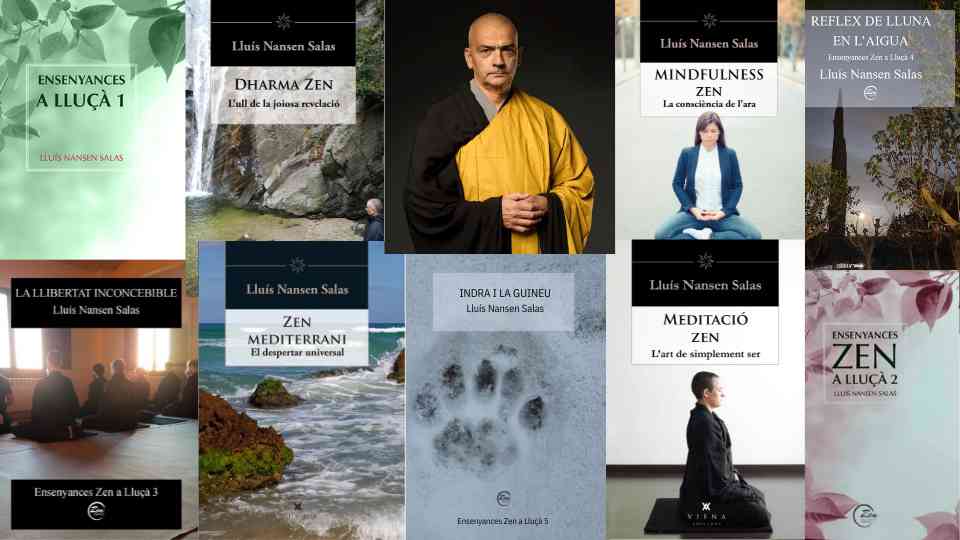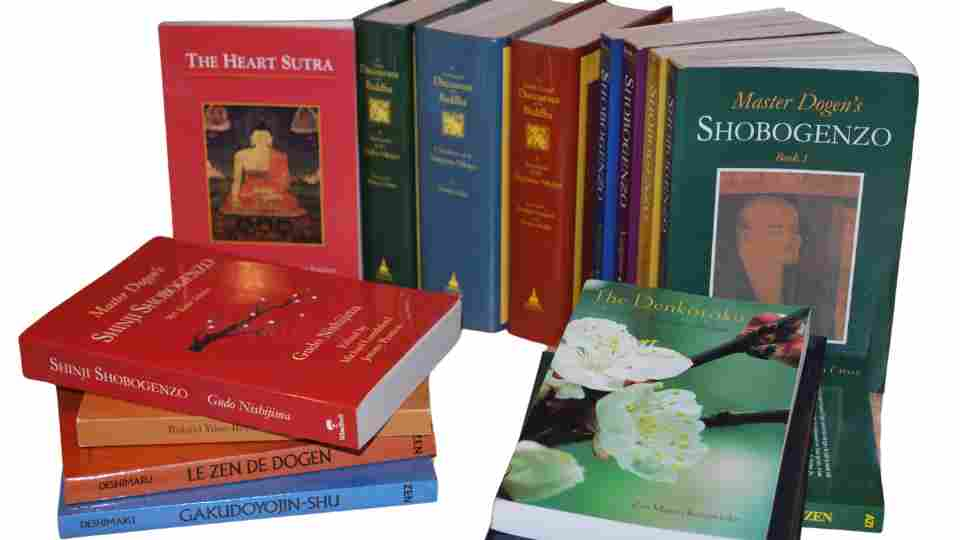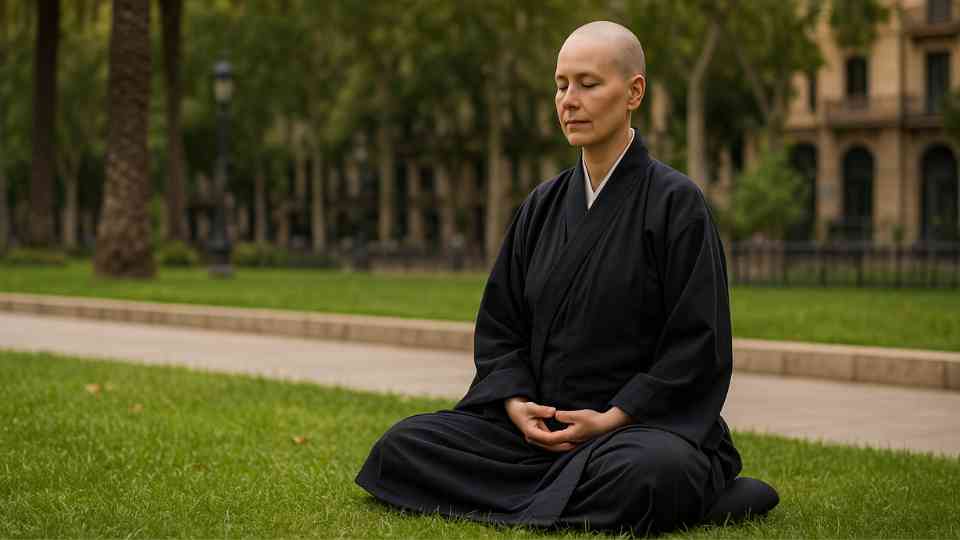What is Buddhism?
Buddhism is a spiritual and philosophical tradition that was born in India more than 2,500 years ago, based on the experience and teachings of Siddhartha Gautama, known as the Buddha. More than a religion in the theistic sense, Buddhism is a path of inner transformation that invites us to understand the nature of suffering, free ourselves from our illusions, and cultivate wisdom and compassion. Over the centuries, Buddhism has spread to many countries and cultures, developing various schools and forms of practice. The three main branches are:

Theravāda: the path of the elders
The word Theravāda means “teaching of the elders.” It is considered the oldest form of Buddhism and is preserved mainly in Southeast Asia: Sri Lanka, Thailand, Laos, Cambodia, and Myanmar. Theravāda teachings are based on the Pali Canon, especially the words attributed directly to the historical Buddha. Individual practice focuses on Vipassanā meditation (mindfulness and deep insight) and personal ethics. The ideal to follow is the arhat, one who has purified body and mind through study and practice, and has attained nirvana, the extinction of suffering. Theravāda Buddhism offers a sober and direct path to understanding reality, grounded in the study of texts and a structured, meditative practice.

Tibetan Buddhism: mysticism and devotion
Tibetan Buddhism is a branch of Mahāyāna that developed in Tibet starting in the 7th century. It incorporates elements of Indian tantric Buddhism (Vajrayāna), meditation, and local Tibetan culture. In Vajrayāna Buddhism, the use of mantras, mandalas, and tantric rituals is common to transform inner energy. One of the first practices involves generating deep devotion toward the guru, that is, the lamas or spiritual teachers. The study of teachings and moral preparation plays a central role in the training of its practitioners.
As for meditative practices, this Buddhist tradition emphasizes a long process of preparation with highly elaborate symbolic visualizations. One of the models of life is the bodhisattva, the being who is capable of renouncing nirvana in order to help all beings achieve liberation. The model of spiritual perfection is the siddha, the realized master. Tibetan Buddhism is distinguished by its rich iconography, philosophical depth, and strong emphasis on active compassion.

Zen: radical simplicity
Zen is a form of Mahāyāna Buddhism that developed in China (as Chan) and spread to Japan, Korea, and Vietnam. Its name comes from the Sanskrit word dhyāna, which means meditation. Zazen (sitting meditation) is the core of Zen study and practice. Samadhi (serene concentration) and prajñā (intuitive wisdom) are the two sides of a direct and profound vision of the reality of existence that arises through zazen.
Teaching in Zen is direct, often through silence, gestures, or kōans (paradoxes that break logical thinking). Practicing Zen with a teacher and their sangha is the only way to receive the deepest teachings. Zen emphasizes the direct experience of reality. It seriously questions the possibility of awakening solely through reading scriptures or books, convinced that practice and awakening are inseparable.
The integration of practice into daily life is carried out through mindfulness.
Zen meditation does not seek any special state of mind, but rather a return to the natural simplicity of the present moment. A model of life is the bodhisattva, who aspires to awaken all sentient beings before oneself. The model of spiritual perfection is the realized teacher.
Many paths, one direction
Despite differences in form and culture, the three schools share the essence of Buddhism: the path of personal transformation through meditation, ethics, and wisdom. The desire for liberation and awakening to reality as it is. Whether through the silent contemplation of Zen, the devotion of Tibetan Buddhism, or the analytical clarity of Theravāda, all these traditions offer valuable paths to understanding who we really are and how to live fully.
Nansen







